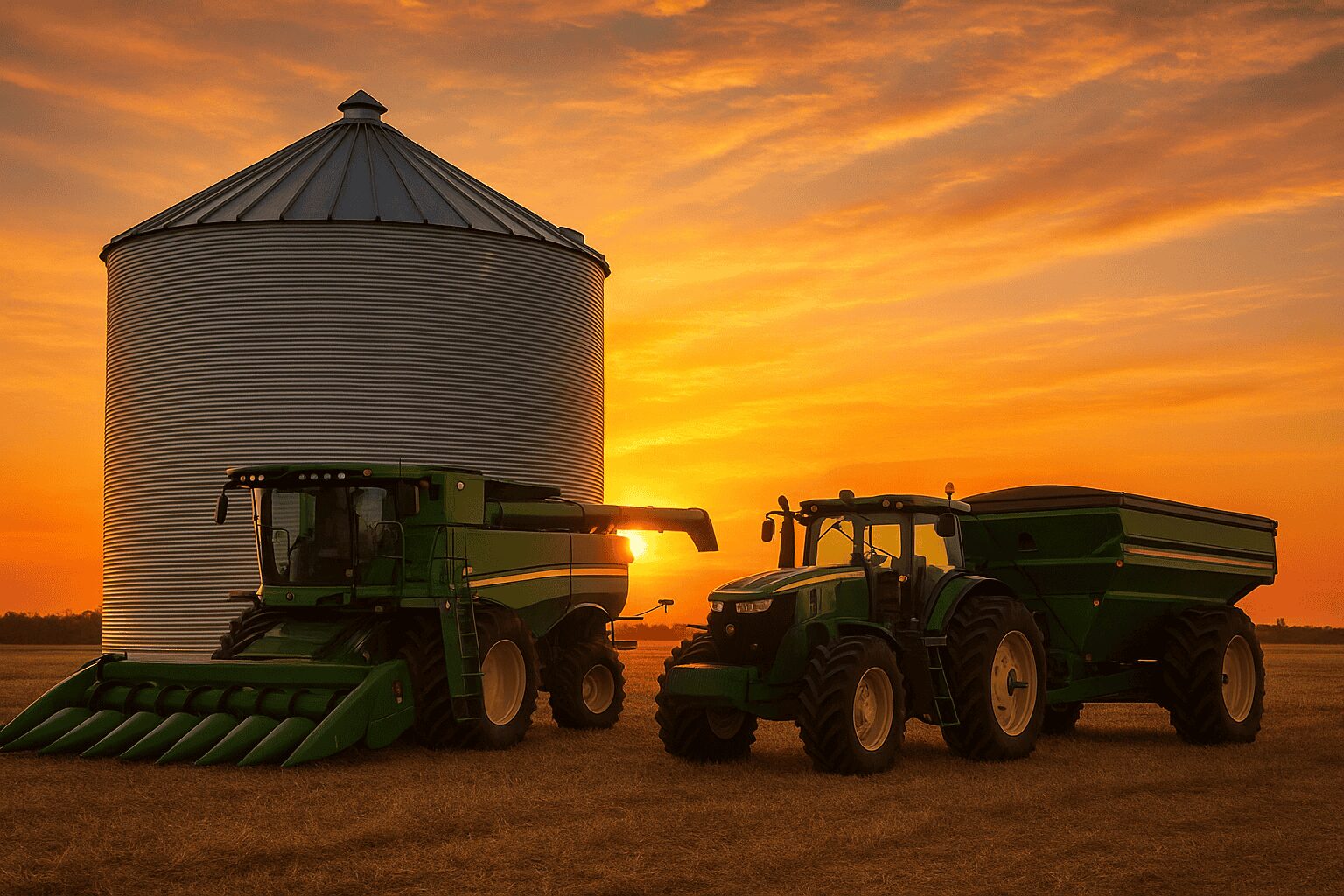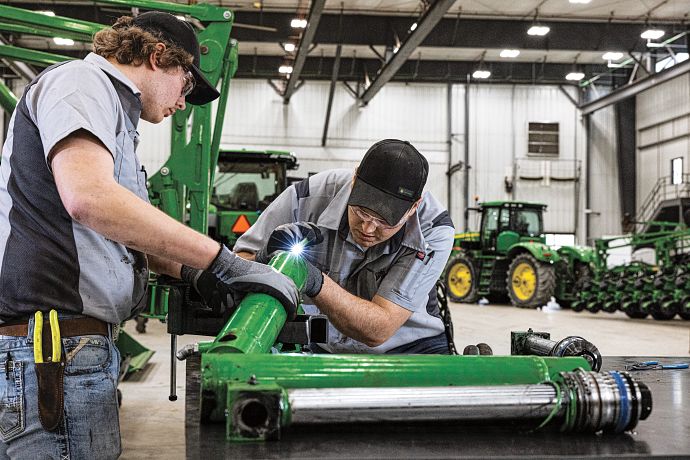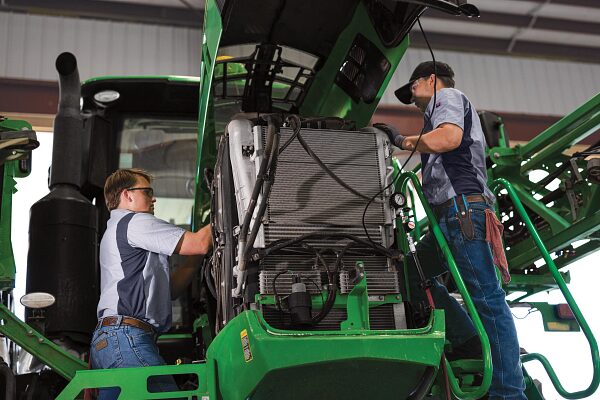Grain Bin Safety: Essential Tips for Farmers

Grain Bin Safety: What You Need to Know Before You Step In
Grain bins are part of everyday life on many farms, but they also rank among the most dangerous places to work. Every year, preventable accidents happen in and around bins, and too often they end in tragedy. Staying safe requires more than just common sense—it takes preparation, awareness, and a willingness to slow down and do things the right way.
Respect the Dangers
Grain acts like quicksand. Once it starts moving, it can pull a person under in seconds. Just a few feet of grain is enough to trap someone, and once buried to the chest, even the strongest person cannot escape without help. That’s why no one should ever enter a bin alone. Always have another trained person outside with a clear plan and the right equipment ready.
Shut Down and Lock Out Equipment
Augers, conveyors, and fans keep the operation running, but they also create serious hazards inside a bin. Before anyone steps in, all power sources should be shut off and locked out. It’s not enough to simply flip a switch—double-check that nothing can start unexpectedly. This small step prevents accidents that can turn deadly.
Use Harnesses and Lifelines
If entering a bin becomes absolutely necessary, wear a harness and connect to a lifeline secured outside. Rescue gear might feel bulky, but it’s designed to save lives. The person outside the bin should stay in constant communication and be ready to act fast if something goes wrong.
Watch the Air Quality
Grain dust is more than a mess—it’s a fire hazard and a breathing hazard. Poor ventilation can lead to suffocation, while fine particles can ignite under the right conditions. Always make sure bins are well-ventilated before entry, and wear respiratory protection when needed. Keeping equipment clean and reducing dust buildup also lowers the risk of explosions.
Keep Children and Visitors Away
It may seem obvious, but kids are naturally curious. They see bins as giant play structures, not as dangerous worksites. Always keep bins closed, locked, and off-limits. Visitors who don’t understand the risks should be kept at a safe distance, too.
Plan for Emergencies
Even with all precautions, emergencies can still happen. Having a rescue plan makes the difference between life and death. Train your team, practice scenarios, and keep rescue tools like ropes, harnesses, and breathing masks nearby. Make sure local first responders know your site layout in case they’re ever called.
Final Thoughts
Grain bins are vital to farming, but no load of grain is worth a life. Safety isn’t about slowing down the job—it’s about making sure you can go home at the end of the day. Respect the risks, follow best practices, and speak up if something doesn’t feel right. Your family, your coworkers, and your future depend on it.


